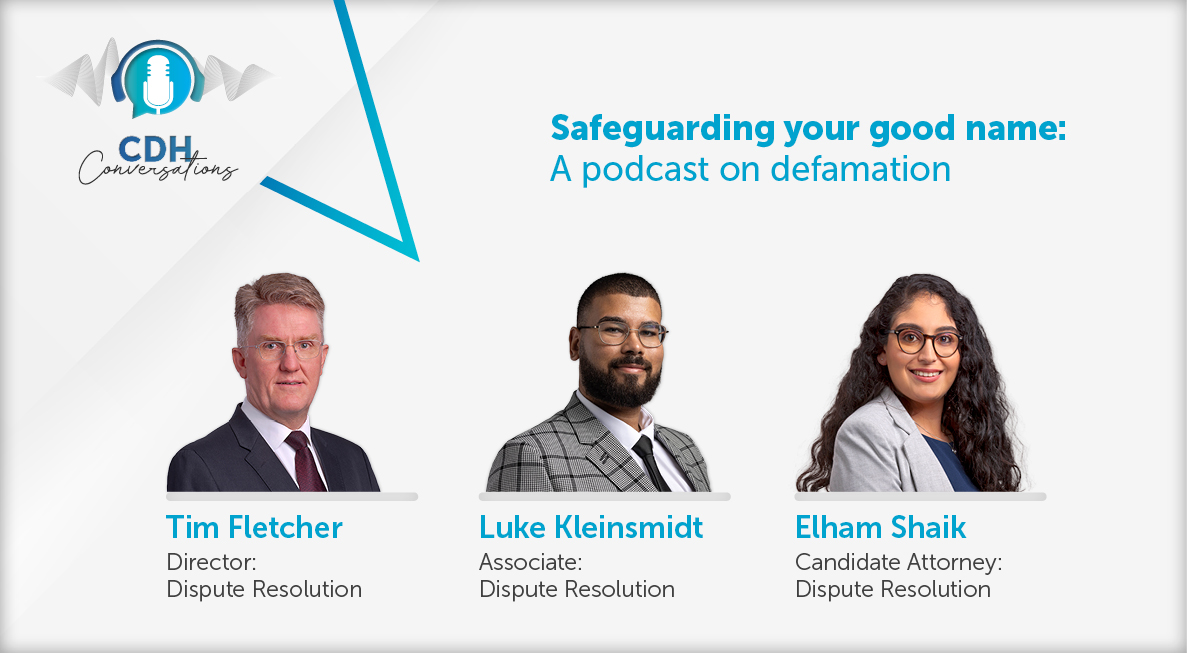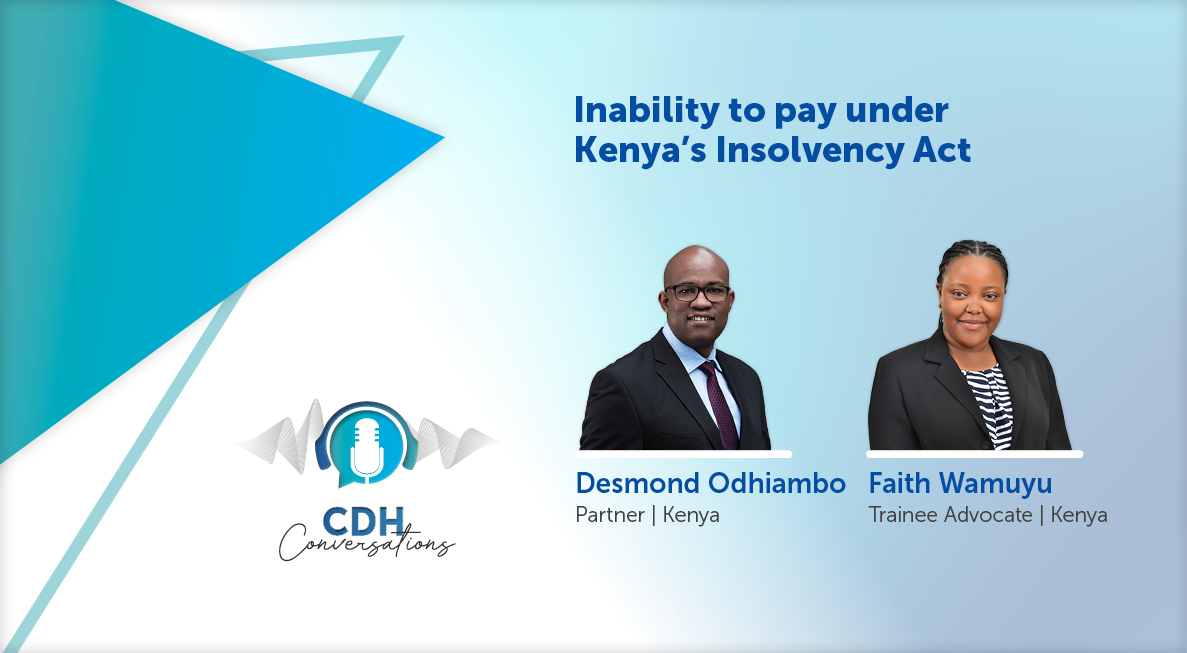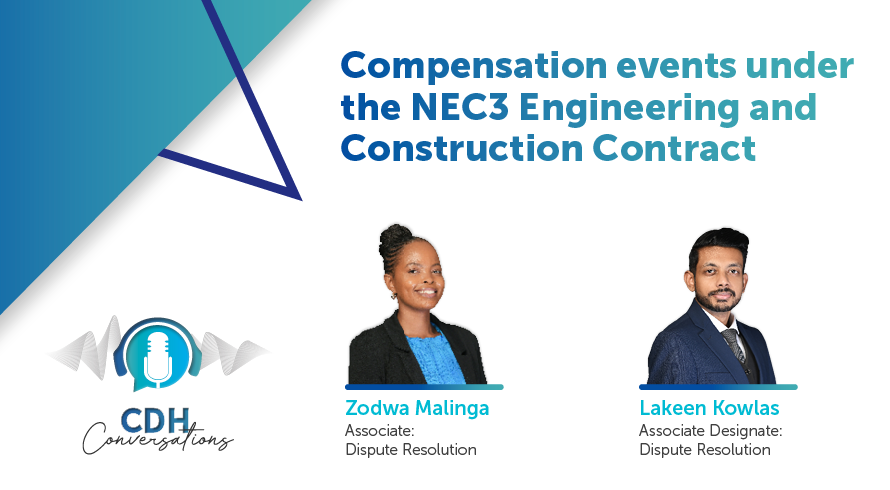Liquidation applications are inappropriate when a genuine dispute of facts exists
Therefore, in order to determine a matter which contains genuine disputes of fact, further evidence needs to be led including oral evidence from witnesses who can be also be cross-examined. Application proceedings do not contain adequate mechanisms to settle disputed facts.
To persist with a winding-up application in the face of, and with knowledge of, a factual dispute may result in a costs order being made against the applicant and a delay caused by having the matter referred to trial (to resolve the dispute). The Badenhorst rule is also intended to prevent the abuse of winding-up proceedings. Applications serve as a "fast lane" for legal processes and to bog them down with witnesses and cross-examinations and the like would serve to destroy the very purpose for which applications were devised.
The facts of the Freshvest case clearly illustrates this principle. An agricultural financing facility was made available by Freshvest Investments to Marabeng. When Marabeng failed to make its repayments in terms of the agreement, Freshvest launched an application to wind up Marabeng. Marabeng filed an extensive answering affidavit setting out various defences to Freshvest's claim including allegations that an unauthorised individual agreed fraudulently and collusively to the facilities in the name of Marabeng. Accordingly, Marabeng argued that the debts were not enforceable.
The SCA clarified that the onus on the respondent (Marabeng above), is discharged if it can show on the balance of probabilities that the indebtedness to the applicant is disputed on a bona fide and reasonable ground. If so found (and absent exceptional circumstances) the court is obliged to refuse the order for winding up and dismiss the application.
In light of the above, it stands that in order to avoid unnecessary wasted time and costs, a winding-up application should not be launched if there exists a genuine dispute of fact, or there is a reasonable prospect of such a dispute arising during the proceedings. The inverse of this is that a reasonable allegation of a bona fide dispute will be sufficient to defeat a winding-up application.
The information and material published on this website is provided for general purposes only and does not constitute legal advice. We make every effort to ensure that the content is updated regularly and to offer the most current and accurate information. Please consult one of our lawyers on any specific legal problem or matter. We accept no responsibility for any loss or damage, whether direct or consequential, which may arise from reliance on the information contained in these pages. Please refer to our full terms and conditions. Copyright © 2026 Cliffe Dekker Hofmeyr. All rights reserved. For permission to reproduce an article or publication, please contact us cliffedekkerhofmeyr@cdhlegal.com.
Subscribe
We support our clients’ strategic and operational needs by offering innovative, integrated and high quality thought leadership. To stay up to date on the latest legal developments that may potentially impact your business, subscribe to our alerts, seminar and webinar invitations.
Subscribe




